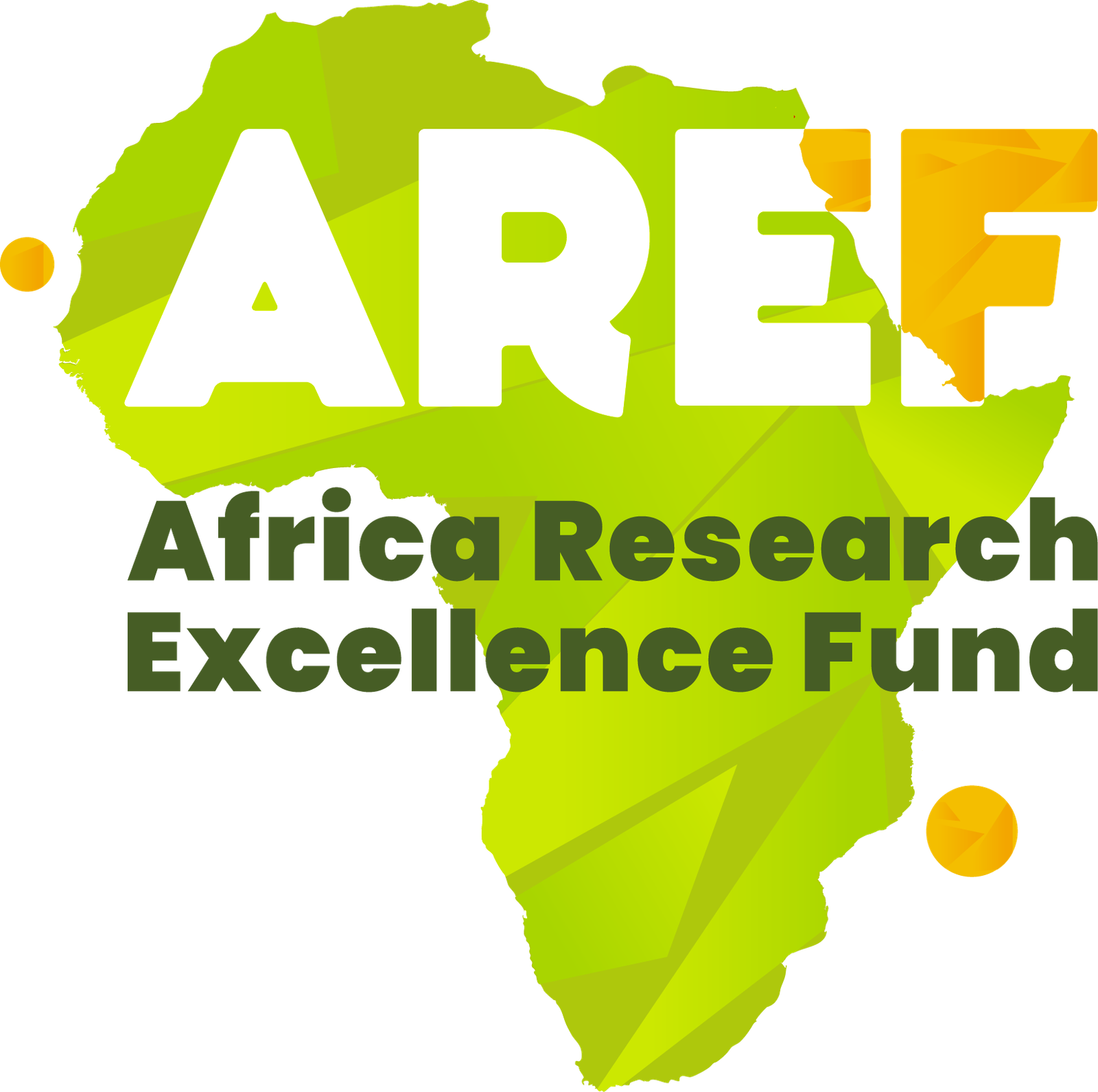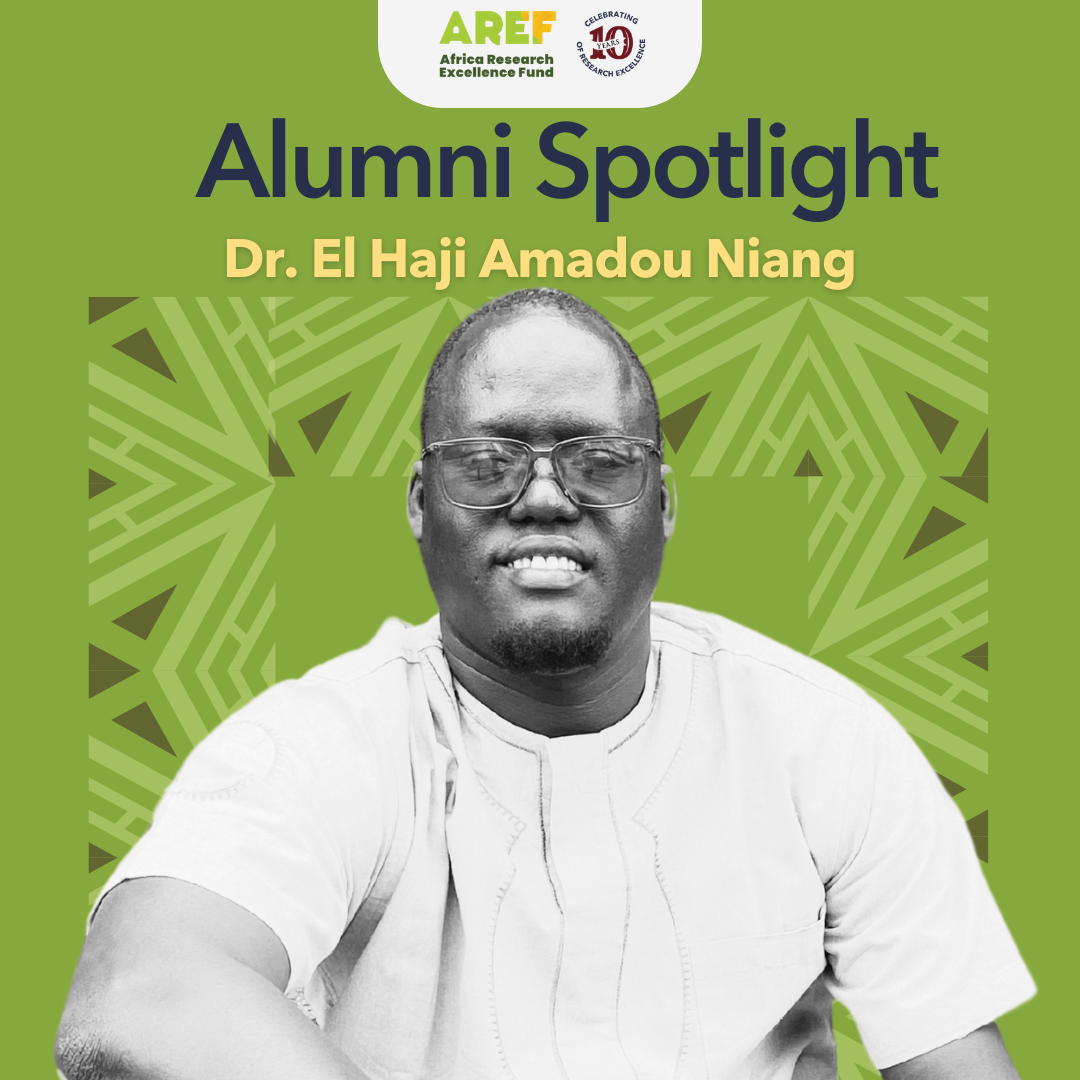A Lifelong Fight Against Malaria
From a young age, Dr. El Hadji Niang harbored a strong desire to become a scientist. Surrounded by a science-oriented family, including an uncle who was a science and math teacher, El Hadji excelled in his studies. “I always did very well thanks to my uncle’s help with my homework,” he jokes. He also credits his father’s unwavering support for allowing him to pursue a career in research, a significant advantage as a first-born child.
El Hadji’s academic journey began with a Natural Sciences degree from the University of Dakar in Senegal. A summer placement in medical entomology—the study of insects affecting human health—ignited a passion that would shape his career. He went on to complete both his master’s and PhD in this field, focusing on mosquitoes and their role in malaria transmission. “That’s where my passion for studying mosquitoes harboring malaria began,” he recalls.
Tackling a Persistent Threat
While significant progress has been made in the fight against malaria, with both cases and deaths declining substantially over the past decade, it remains a formidable global health challenge.
El Hadji emphasizes the need for practical and affordable solutions in Africa. His research directly addresses this by focusing on controlling mosquito populations and preventing them from transmitting the malaria parasite. He investigates various mosquito species, their distribution, behavior, habitats, and, critically, their resistance to insecticides.
“There are 21 different species of mosquito in Senegal, yet only 5 of these transmit malaria,” El Hadji explains. His work is crucial for understanding these distinctions to develop more effective and targeted interventions. For instance, without knowing a species’ susceptibility to a particular insecticide, efforts could be ineffective or even counterproductive, potentially harming harmless species and inadvertently increasing the numbers of dangerous ones.
Unraveling Mosquito Genetics and Behavior
El Hadji collaborates with colleagues across Senegal, trapping and examining mosquitoes to document species and identify those carrying the malaria parasite. Utilizing various lab techniques, including genetic analysis, he seeks to understand how mosquitoes develop insecticide resistance at a genetic level. “If we knew this, maybe we could combine mosquito treatments to stop them surviving and becoming harder to kill,” he notes.
Currently, El Hadji is conducting research in Marseille, exploring a fascinating connection: whether bacteria in mosquito guts aid the malaria parasite’s entry into their circulation. If a link is found, disrupting this process could offer a novel way to break the malaria life cycle.
The AREF Fellowship: A Catalyst for Collaboration
A significant hurdle for young African scientists like El Hadji is the scarcity of funding opportunities, leading to intense competition for grants. However, his career received a major boost in 2015 when he was awarded a Research Development Fellowship from AREF. This allowed him to work with Dr. David Weetman at the Liverpool School of Tropical Medicine in the UK, where he honed techniques in mosquito genome mapping.
“The AREF Research Development Fellowship was a huge steppingstone for me,” El Hadji states, highlighting its role in fostering crucial collaborations. “It’s these collaborations that will help me apply for my own grants.” He is currently seeking independent funding to return to Senegal and continue his vital research there.
Global Health Leadership
Dr. El Hadji Amadou Niang’s expertise and dedication have led to his election as the new RBM VCWG Co-Chair. He is a senior medical entomologist and Deputy Director at the Laboratoire d’Ecologie Vectorielle et Parasitaire (LEVP), Cheikh Anta Diop University (UCAD) in Senegal. As the Interim Director of Scientific Programs at the Pan African Mosquito Control Association (PAMCA), he is committed to building a critical mass of African problem-solvers to tackle vector-borne diseases. He also provides technical support to National Malaria Control Programs, helping them design and implement targeted vector control interventions based on the Integrated Vector Management (IVM) strategy.
A Personal Commitment to His Homeland
El Hadji is deeply grateful for the opportunities he’s had and is driven by a strong desire to give back to Senegal by contributing to the fight against malaria. His dedication is also profoundly personal. “Many people die because of malaria. Children and pregnant women are particularly vulnerable, because their immune systems are weaker,” he explains. “I’ve had malaria myself, I’ve lost people I cared about to the disease. It’s a huge problem. Now I want to contribute and help to solve it.”
Publications
- Distribution and dynamics of Anopheles gambiae s.l. larval habitats in three Senegalese cities with high urban malaria incidence
- Updates on malaria epidemiology and profile in Cabo Verde from 2010 to 2019: the goal of elimination
- Urban malaria vector bionomics and human sleeping behavior in three cities in Senegal
- Evolution of the Ace-1 and Gste2 Mutations and Their Potential Impact on the Use of Carbamate and Organophosphates in IRS for Controlling Anopheles gambiae s.l., the Major Malaria Mosquito in Senegal


